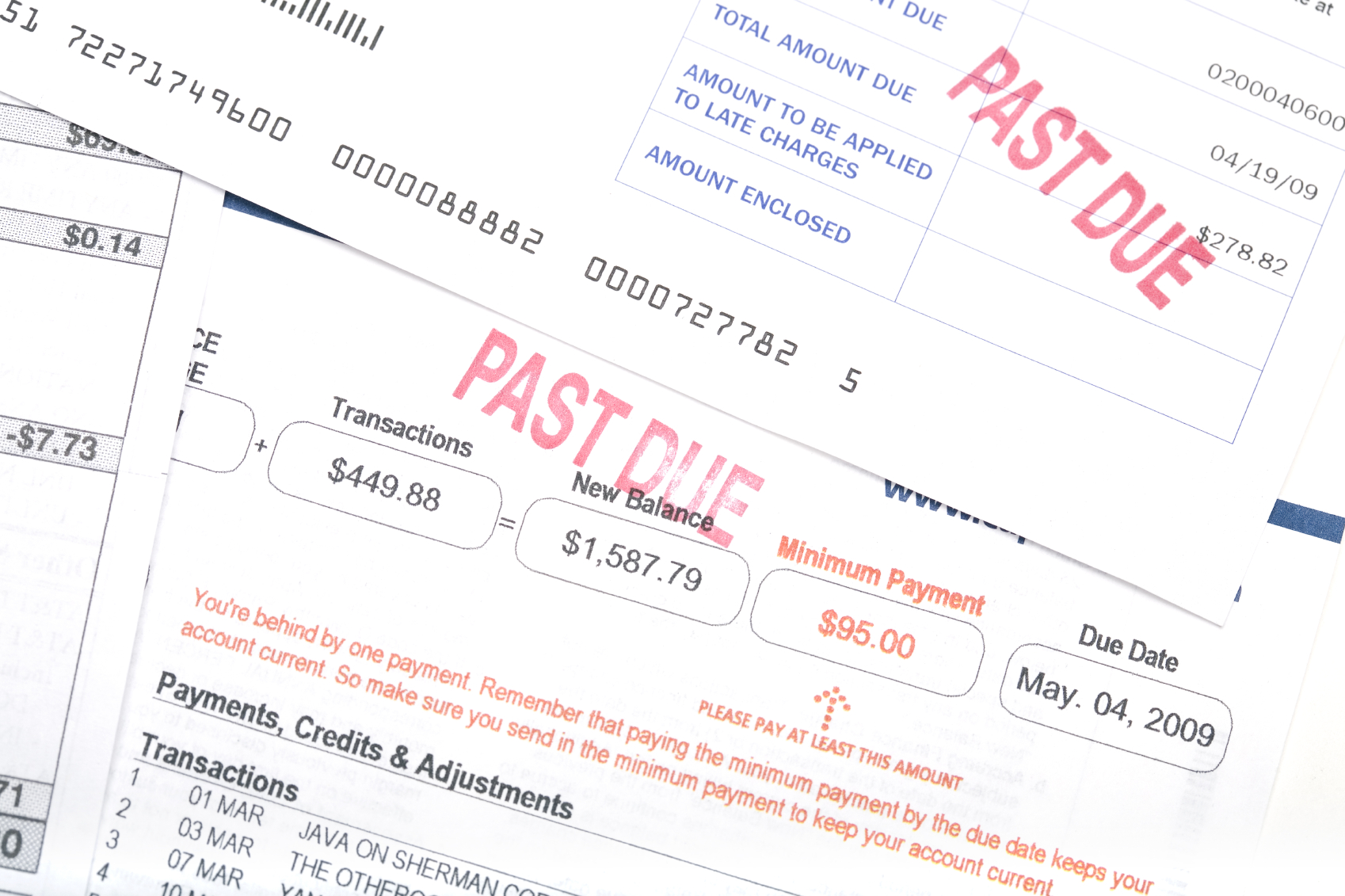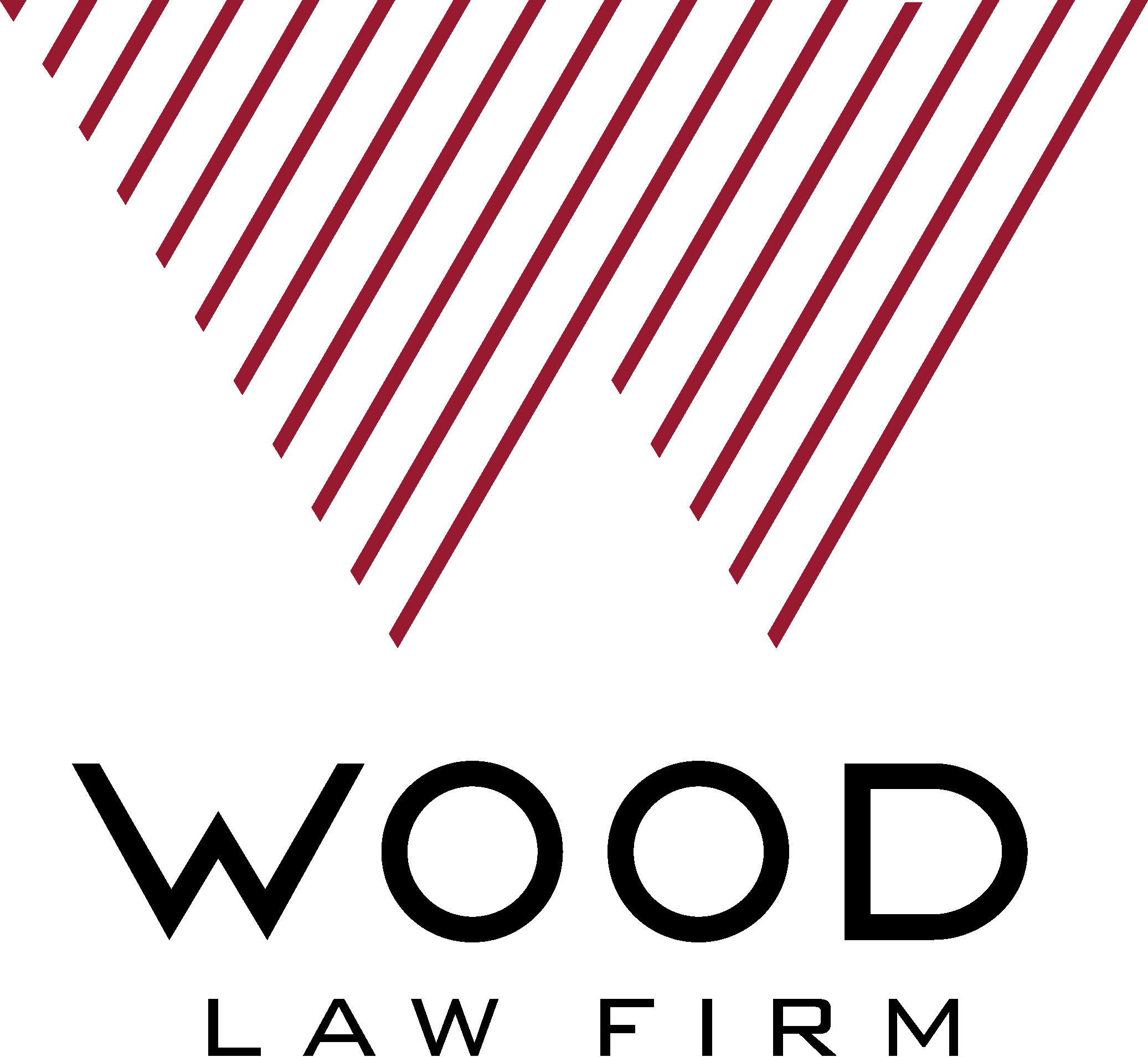Debt Collection Abuse

Stopping Abusive Bill Collectors
The Fair Debt Collection Practices Act
If you are behind in paying your bills, or if a company’s records are wrong, you may be contacted by a debt collector. Consumers are protected from debt collectors using abusive, unfair, or deceptive practices to collect by the Fair Debt Collection Practices Act (FDCPA).
What types of debts are covered?
The Act covers personal, family, and household debts, including money you owe on a personal credit card account, an auto loan, a medical bill, and your mortgage. The FDCPA doesn’t cover debts you incurred to run a business.
Can a debt collector contact me any time or any place?
No. A debt collector may not contact you at inconvenient times or places, such as before 8 in the morning or after 9 at night, unless you agree to it. And collectors may not contact you at work if they’re told (orally or in writing) that you’re not allowed to get calls there.
Can a debt collector contact anyone else about my debt?
If an attorney is representing you about the debt, the debt collector must contact the attorney, rather than you. If you don’t have an attorney, a collector may contact other people – but only to find out your address, your home phone number, and where you work. Collectors usually are prohibited from contacting third parties more than once. Other than to obtain this location information about you, a debt collector generally is not permitted to discuss your debt with anyone other than you, your spouse, or your attorney.
What does the debt collector have to tell me about the debt?
Every collector must send you a written “validation notice” telling you how much money you owe within five days after they first contact you. This notice also must include the name of the creditor to whom you owe the money, and how to proceed if you don’t think you owe the money.
Can a debt collector garnish my bank account or my wages?
If you don’t pay a debt, a creditor or its debt collector generally can sue you to collect. If they win, the court will enter a judgment against you. The judgment states the amount of money you owe, and allows the creditor or collector to get a garnishment order against you, directing a third party, like your bank, to turn over funds from your account to pay the debt.
Wage garnishment happens when your employer withholds part of your compensation to pay your debts. Your wages usually can be garnished only as the result of a court order. Don’t ignore a lawsuit summons. If you do, you may lose the opportunity to fight a wage garnishment.
What practices are off limits for debt collectors?
Harassment. Debt collectors may not harass, oppress, or abuse you or any third parties they contact. For example, they may not:
- use threats of violence or harm
- use obscene or profane language
- repeatedly use the phone to annoy someone
False statements. Debt collectors may not lie when they are trying to collect a debt.
Debt collectors also are prohibited from:
- saying you will be arrested if you don’t pay your debt
- saying they’ll seize, garnish, attach, or sell your property or wages unless they are permitted by law to take the action and intend to do so
- giving false credit information about you to anyone, including a credit reporting company
Unfair practices. Debt collectors may not engage in unfair practices when they try to collect a debt. For example, they may not:
- try to collect any interest, fee, or other charge on top of the amount you owe unless the contract that created your debt – or your state law – allows the charge
- deposit a post-dated check early
- take or threaten to take your property unless it can be done legally







